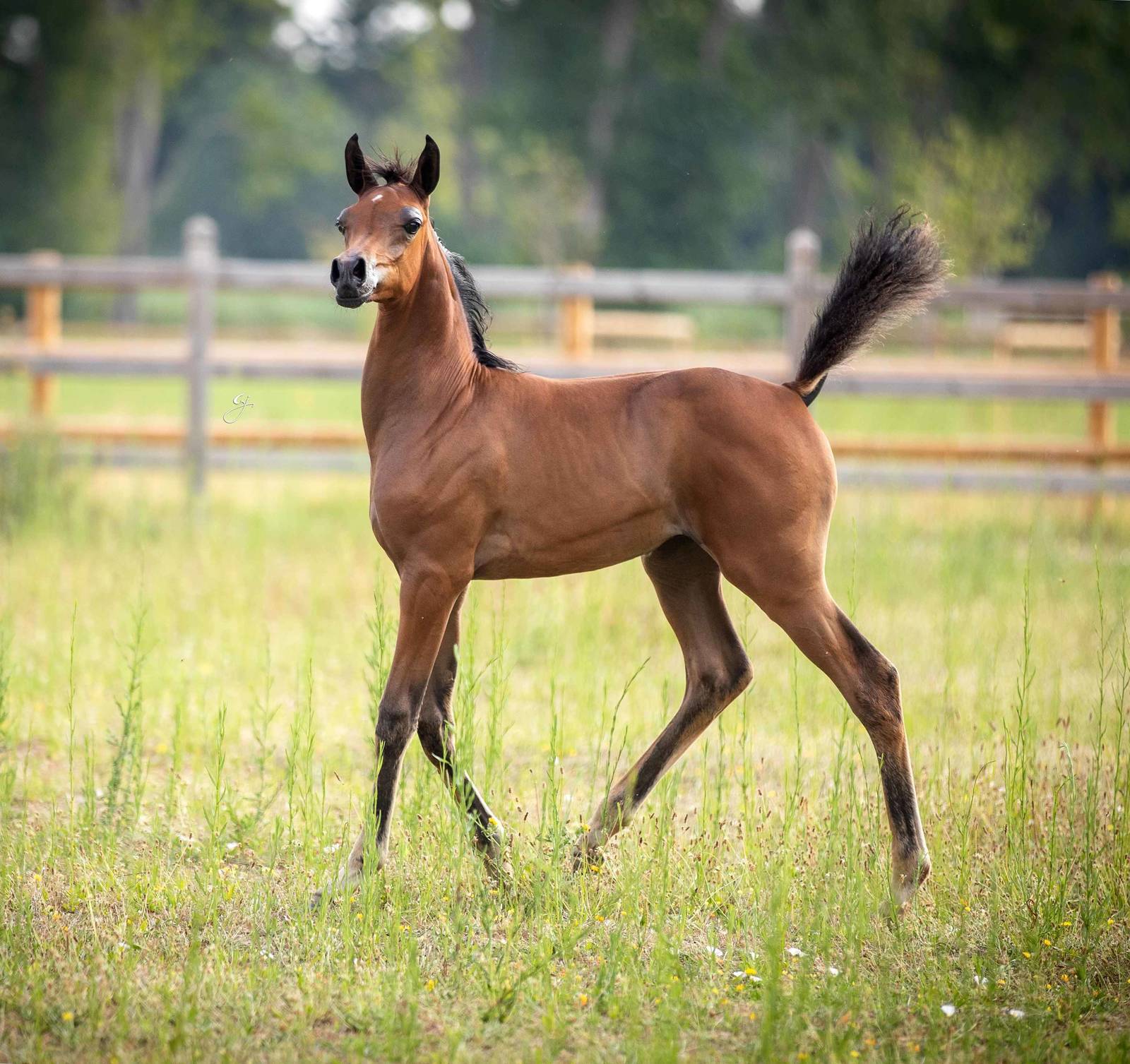The Economics of Arabian Horse Breeding and Ownership

Arabian horses are renowned worldwide for their beauty, endurance, and historical significance. Beyond their aesthetic and cultural value, the economics of breeding and owning Arabian horses is a complex and fascinating subject that intertwines tradition, market dynamics, and investment considerations.
Overview of Arabian Horse Breeding
Breeding Arabian horses involves careful selection of bloodlines to maintain and enhance desirable traits such as stamina, temperament, and conformation. This process requires significant investment in terms of time, expertise, and financial resources.
| Aspect | Description |
|---|---|
| Initial Investment | Costs of acquiring quality breeding stock, often ranging from $10,000 to over $100,000 per horse |
| Maintenance Costs | Feeding, veterinary care, stabling, and training expenses, averaging $5,000–$15,000 annually per horse |
| Breeding Fees | Stud fees can vary widely, typically between $1,000 and $10,000 depending on the stallion’s pedigree |
Economic Factors Influencing Breeding
- Market Demand: The demand for Arabian horses fluctuates based on trends in equestrian sports, cultural interest, and luxury markets.
- Bloodline Value: Horses from prestigious bloodlines command higher prices and breeding fees.
- Geographical Location: Costs and market prices vary globally, with the Middle East and North America being major hubs.
Ownership Costs and Benefits
Owning an Arabian horse is both a passion and a financial commitment. Owners must consider ongoing costs such as:
- Daily Care: Feeding, grooming, and routine health checks.
- Training and Competition: Expenses related to professional training and participation in shows or races.
- Insurance: Protecting the investment against illness, injury, or death.
Benefits of Ownership
- Appreciation in Value: Well-bred Arabian horses can increase in value over time.
- Cultural and Social Prestige: Ownership often confers status in certain communities.
- Emotional Rewards: The bond between owner and horse is a significant intangible benefit.
Frequently Asked Questions (FAQ)
Q1: How profitable is Arabian horse breeding?
A: Profitability depends on market conditions, quality of stock, and management efficiency. Successful breeders can earn substantial returns, but risks and costs are high.
Q2: What are the main risks in Arabian horse ownership?
A: Health issues, market volatility, and high maintenance costs are primary risks.
Q3: How can one start in Arabian horse breeding?
A: Begin with thorough research, invest in quality horses, and seek mentorship from experienced breeders.
Conclusion
The economics of Arabian horse breeding and ownership is a blend of passion, tradition, and business acumen. Understanding the financial commitments and market dynamics is essential for anyone interested in this prestigious equestrian pursuit.
